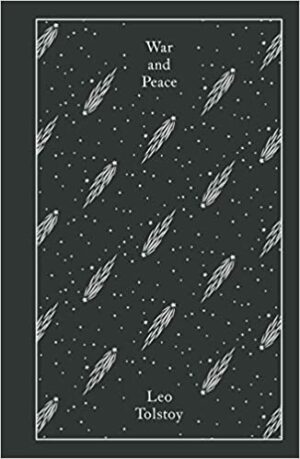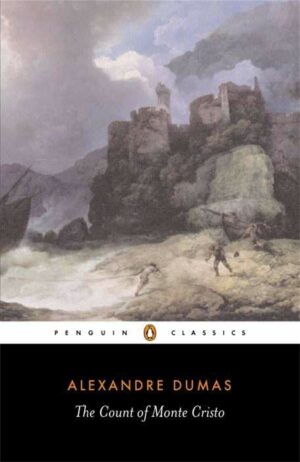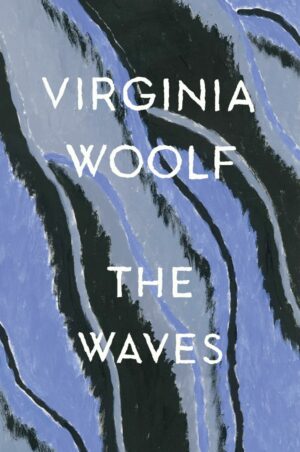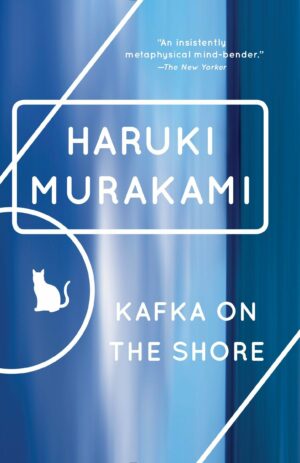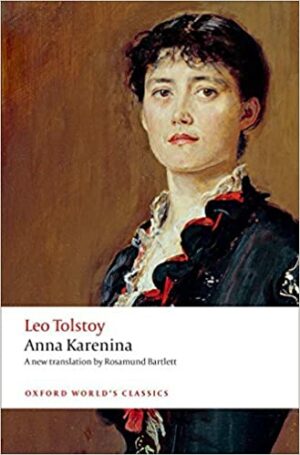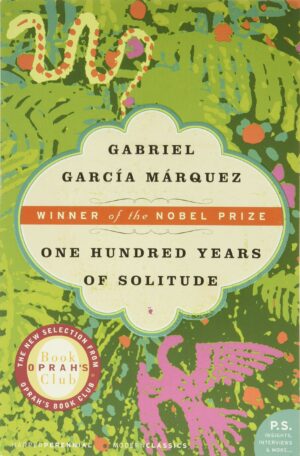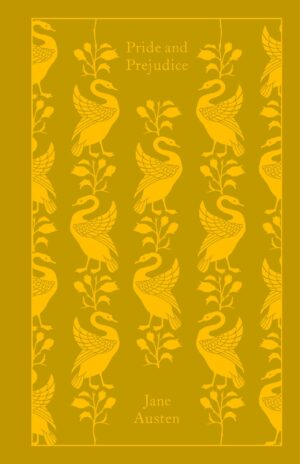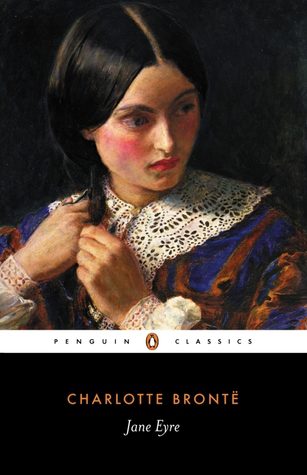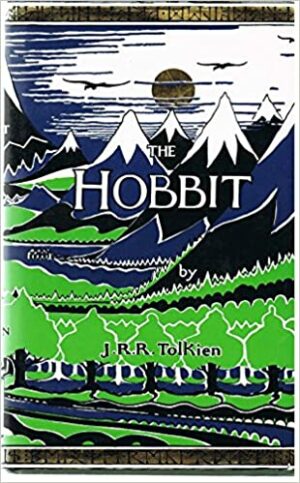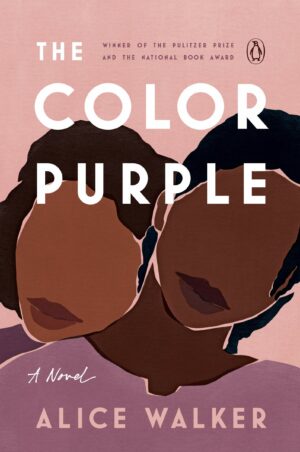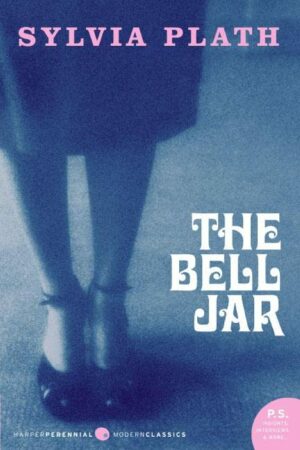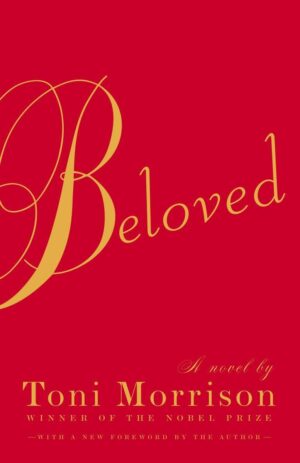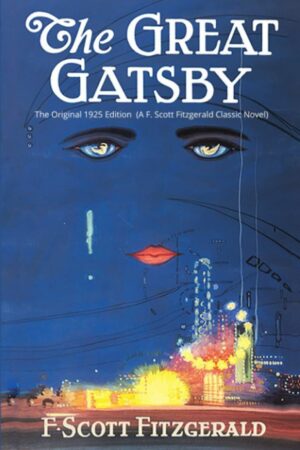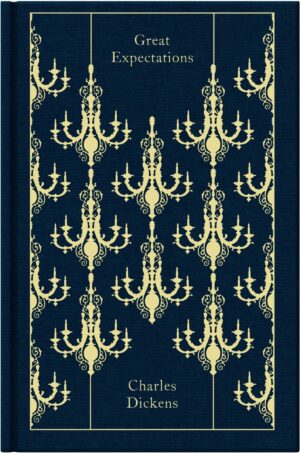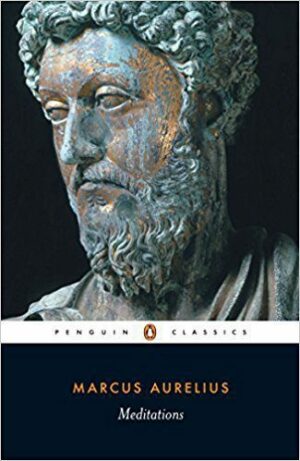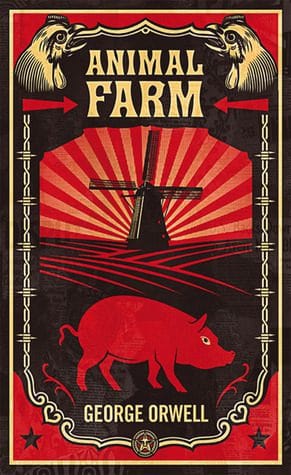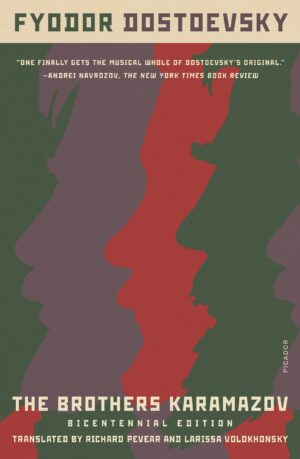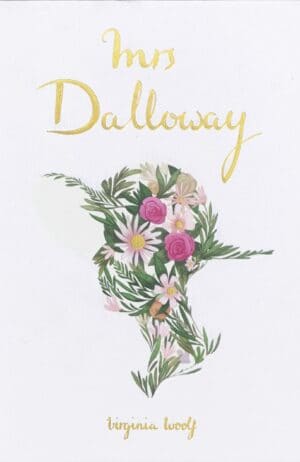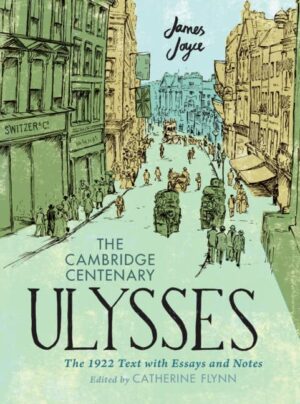20 of the best classic books to read in your lifetime [my must-read list]
I only share books I know and love. If you buy through my links, I may earn a commission (learn more).
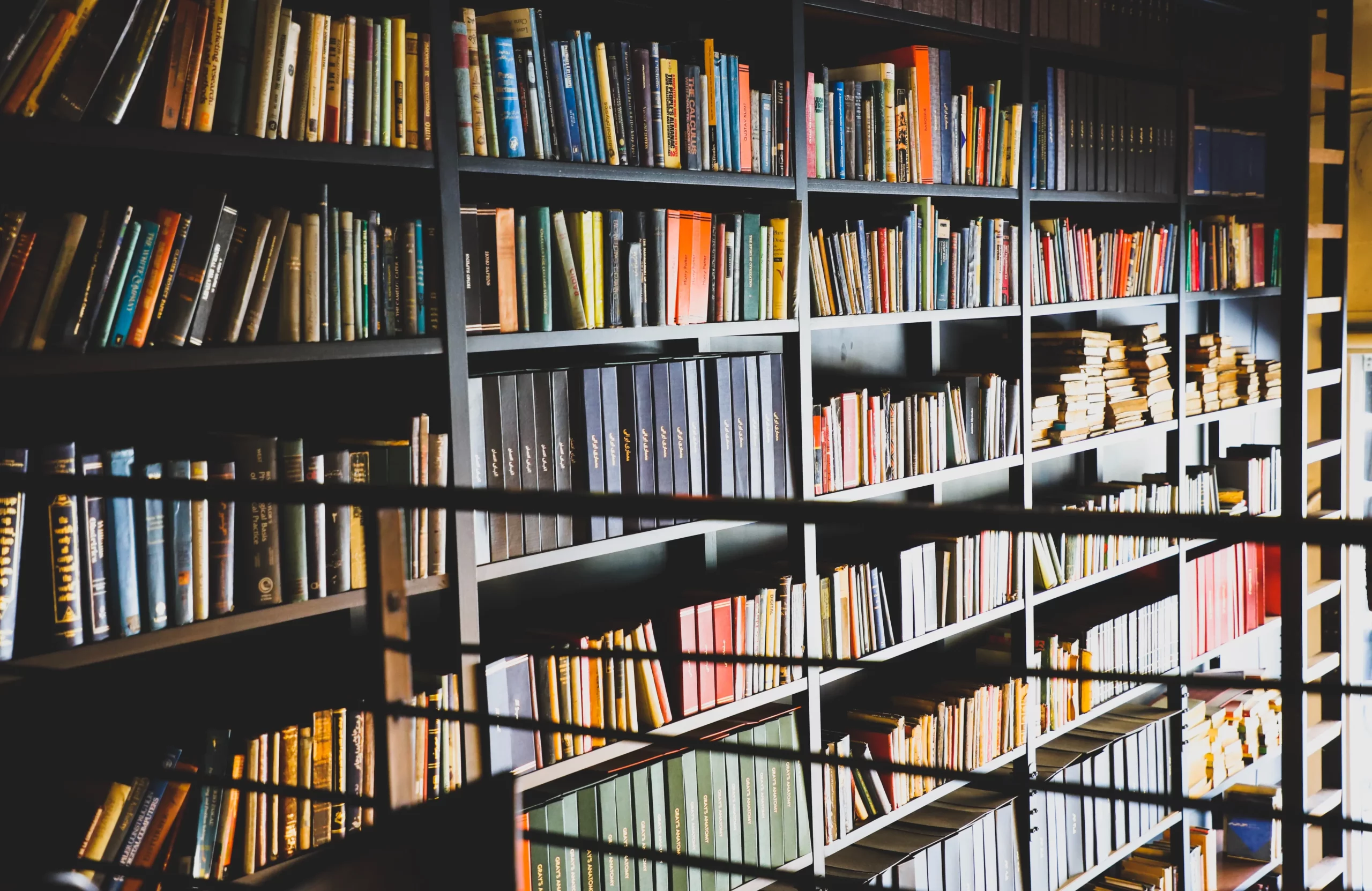
I’ve talked a lot about life-changing classic books since starting Tolstoy Therapy back in 2012.
Some classics are fairly easy to read, but even those that require a bit more work (looking at you, War and Peace) can be unexpectedly impactful.
Somewhat surprisingly, I’ve never created my own list of the best classic books to read in your lifetime. After deciding to change this, here’s what I’ve come up with.
With just 20 best picks to go back to basics, read these classic books to become the most well-rounded reader you can be in your lifetime.
(Also, for more recent recommendations, complement these picks with my list of the best modern classic books. Happy reading!)
My must-read list of the best classic books everyone should read
1. War and Peace by Leo Tolstoy
Why should you read War and Peace? It’s the best book I’ve ever read about life. Reading it completely changed the path I was on.
Reading War and Peace is what inspired me to start this website. It’s such a huge, all-encompassing, and life-changing book that’s about so many things.
Sure it’s not the easiest to read by any means, but choosing the right translation for you can help a lot. (TLDR: I love Anthony Briggs’s translation.)
2. The Count of Monte Cristo by Alexandre Dumas
Why should you read The Count of Monte Cristo? Its gripping themes of wrongful imprisonment and clever revenge are good enough to win any award for best TV today.
If you picked up the 1276-page Penguin paperback of The Count of Monte Cristo, you probably wouldn’t guess it’s an easy-to-read classic. But it’s actually fantastic – and difficult to put down once you start reading.
3. The Waves by Virginia Woolf
Why should you read The Waves? Virginia Woolf created the foundation for the modern novel (and was just as influential as James Joyce).
The Waves is one of the most innovative and beautifully written books of all time, layering six voices in monologue; moving from morning until night, from childhood into old age. All against the backdrop of the sea.
4. Kafka on the Shore by Haruki Murakami
Why should you read Kafka on the Shore? This is quintessential Murakami: weird, escapist, and yet still so perceptive about what it feels like to be human.
Comprising two distinct but interrelated plots, the narrative runs back and forth between the life of fifteen-year-old Kafka Tamura, who has run away from home, and an aging man called Nakata. It’s one of my favourite books to get lost in and a real modern classic.
5. Anna Karenina by Leo Tolstoy
Why should you read Anna Karenina? Even though it isn’t without its darkness, it’s also a beautifully written book about renewal and rebirth.
There’s so much to Anna Karenina… it’s impossible to call it just a love story. In this Russian classic, Tolstoy weaves an intricate labyrinth of connections in 1870s Russia, from high society St Petersburg to the country threshing fields in spring.
Here’s my comparison of the best translations of Anna Karenina (the short answer: I love the Rosamund Bartlett version).
6. Rebecca by Daphne du Maurier
Why should you read Rebecca? This gripping masterpiece was the psychological thriller of its time – and is just as haunting today.
I first read Rebecca as a teen and had no idea what to expect. I was expecting something boring, honestly, but found a dark psychological tale of secrets and betrayal.
Enjoy this must-read classic for its slow tension build, iconic gothic setting, and plot twists that keep you frantically turning pages.
7. One Hundred Years of Solitude by Gabriel García Márquez
Why should you read One Hundred Years of Solitude? As William Kennedy wrote, it’s “the first piece of literature since the Book of Genesis that should be required reading for the entire human race.”
One Hundred Years of Solitude tells the magnetic story of the rise and fall, birth and death of the mythical town of Macondo through the history of the Buendía family.
A masterclass in the art of fiction, it’s one of the most influential modern classics from the master of magical realism.
8. Pride and Prejudice by Jane Austen
Why should you read Pride and Prejudice? It’s the most famous Jane Austen novel for a reason. Love stories don’t get more timeless than this.
I love the optimism and freshness of Pride and Prejudice, but also the familiarity of it. It’s a real comfort read for me, and a perfect book to read in spring.
Retreat into the pages of this classic feel-good book for the first time or the fiftieth time and feel your heart defrost after a long winter.
9. Jane Eyre by Charlotte Brontë
Why should you read Jane Eyre? It’s one of the best classic books of the gothic era and much more readable than you might think.
In this timeless classic, Jane Eyre is a seemingly plain and simple girl who actually wouldn’t be too out of place if dropped into today’s world.
Her courage and rich inner life emerge and are tested as she begins her work as a governess at Thornfield Hall, the imposing home of the wealthy and impetuous Mr. Rochester.
10. The Hobbit by J.R.R. Tolkien
Why should you read The Hobbit? To inspire you to leave your comfortable life for a while and leap into the marvellous unknown.
The Hobbit is the classic story of heading out on an adventure and not quite knowing what you’ll find, but finding the bravery to go anyway. Read it to dive into Tolkien’s beautiful world of hobbits, Orcs, dwarves, dragons, and much more.
11. The Color Purple by Alice Walker
Why should you read The Color Purple? You will have a different view of the world after reading this Pulitzer Prize winner.
Separated as girls, sisters Celie and Nettie sustain their loyalty to – and hope in – each other across time, distance, and silence through a series of letters spanning twenty years.
The Color Purple is the iconic and heartbreaking modern classic, narrating the lives of women through their pain and struggle, companionship and growth, and resilience and bravery.
12. The Bell Jar by Sylvia Plath
Why should you read The Bell Jar? It’s one of the best depictions of a struggling human mind (and our collective loneliness and societal pressures) ever written.
Sylvia Plath’s modern classic chronicles the breakdown of Esther Greenwood: young, brilliant, beautiful, and enormously talented, but slowly going under.
The Bell Jar isn’t an uplifting novel by any means. But that doesn’t mean it’s not beautiful, nor an important classic work of fiction.
13. Beloved by Toni Morrison
Why should you read Beloved? This spellbinding classic transforms history into a powerful and unflinching story, looking deep into the abyss of slavery and its repercussions.
Sethe was born a slave and escaped to Ohio, but eighteen years later she is still not free from the memories of the beautiful farm where so many hideous things happened. Beloved is one of the most brutally real classic books that everyone should read.
14. The Great Gatsby by F. Scott Fitzgerald
Why should you read The Great Gatsby? Once you read it, you’ll pick up on cultural references to it everywhere.
Even without having read it, you might have an idea of what happens in The Great Gatsby, one of the best classic books of all time.
A man orders his life around one desire, to be reunited with the love he lost five years earlier. This leads him to vast riches and eventually back to her – but also to a tragic end.
15. Great Expectations by Charles Dickens
Why should you read Great Expectations? It’s the classic bildungsroman, or story of a character moving from childhood into adulthood… and one of the best novels ever written, full stop.
Great Expectations is the first book I ever read by Charles Dickens. And if I started again, I’d do the same. It’s a book about growing up, changing fortunes, and becoming a person (whether you like that person or not).
16. Meditations by Marcus Aurelius
Why should you read Meditations? It’s essentially the first self-help book ever written and just as wise and timeless today.
Meditations is one of the best books I read during the most anxious period of my life. Get your own copy of this bible of Stoic wisdom and turn to it when you’re feeling lethargic, lost and directionless, or lacking motivation.
17. Animal Farm by George Orwell
Why should you read Animal Farm? It’s a scathing and satiric masterpiece that couldn’t be more relevant today. (And one of the best short classics at only 140 pages.)
In Animal Farm, one of the best modern classic books, a farm’s overworked and mistreated animals decide that enough is enough.
With flaming idealism and stirring slogans, they set out to create a paradise of progress, justice, and equality. Animal Farm is absolutely as fresh and relevant today as it’s ever been.
18. The Brothers Karamazov by Fyodor Dostoevsky
Why should you read The Brothers Karamazov? It’s one of the most important pieces of classic Russian literature, but also an incredibly transformative book that can change the way you live.
Through Fyodor Pavlovich Karamazov and his three sons – Dmitri, Ivan, and Alyosha – Dostoevsky portrays the whole of Russian life.
During both a golden age and a tragic turning point in Russian culture, we witness Russia’s social and spiritual striving and think about where we are in our own lives, too.
19. Mrs. Dalloway by Virginia Woolf
Why should you read Mrs. Dalloway? This book broke the novel’s traditional form into pieces, turning the events of a single day into a masterpiece.
Some of the best classic books by women can fall under the radar when we talk about the best books of all time. For that reason (among others), I allowed myself to choose more than just one Virginia Woolf novel for this list.
Woolf is one of my all-time favourite writers, and Mrs. Dalloway is another of her most creative and innovative books.
20. Ulysses by James Joyce
Why should you read Ulysses? It’s an experimental masterpiece that brings Dublin to life through the lives and thoughts of Leopold Bloom, Stephen Dedalus, and Molly Bloom.
There are easier places to start with James Joyce, including The Portrait of an Artist as a Young Man and the short stories of Dubliners. But Ulysses is actually what impressed me the most.
It’s got a reputation for being impossible to read, but I found it more accessible than I expected. This beautiful Cambridge Centenary edition offers a gentle gateway to Ulysses with essays, notes, and maps.
For more of the best books of all time, complement this list with:
- 30 best books of all time for your bucket list (classics + modern)
- The best classics that are actually easy to read
- The best classic books by women of all time
- The most beautifully written books of all time
- How to read War and Peace (and what to know before you start)

